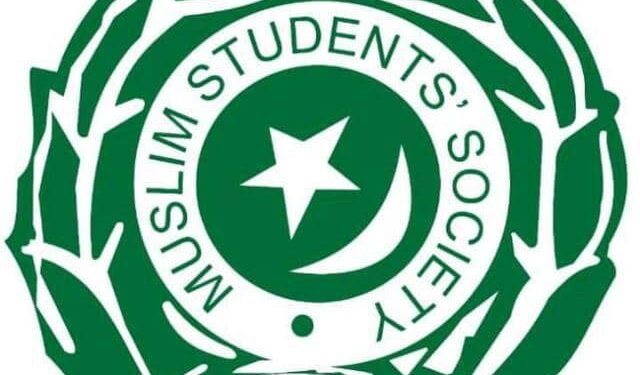The Muslim Students’ Society of Nigeria (MSSN), B-Zone, has strongly defended the existence of Shariah Panels in the South-West, refuting misconceptions about their role and operation.
The organisation also raised concerns about religious marginalization of Muslims in the region and called for inclusivity in governance.
In a statement signed by its leaders, including Amir Dr. Moshood Kolawole A.A., the MSSN B-Zone clarified that Shariah Panels are voluntary bodies established by Muslims to resolve personal and civil disputes in accordance with Islamic principles.
The group emphasized that these panels are not judicial institutions with legal authority but operate within the constitutional rights of freedom of religion and association as enshrined in Sections 38 and 40 of the 1999 Constitution of Nigeria.
“Just as Christians use church mediation groups and customary arbitration methods, Muslims have the right to resolve civil matters through Shariah Panels. These panels do not undermine government authority or contradict the law,” the statement read.
The MSSN also criticized what it described as the systematic marginalization of Muslims in the South-West, citing instances where Muslim students were punished for refusing to participate in Christian religious activities and the legal battles over the right to wear hijabs in public schools.
The group warned that the tolerance of South-West Muslims should not be mistaken for weakness, emphasizing their commitment to peaceful coexistence and justice.
The statement further highlighted that Shariah is an integral part of Nigeria’s legal and social structure, particularly for Muslims who voluntarily submit to its rulings on personal and civil matters.
It argued that denying Muslims this right while permitting other religious and customary groups similar privileges amounts to discrimination.
“The 1999 Constitution acknowledges Nigeria’s multi-religious nature by allowing the establishment of Shariah Courts of Appeal and guaranteeing freedom of religious practice. Any attempt to misrepresent or restrict Shariah Panels is a violation of religious freedom,” the group stated.
MSSN B-Zone reiterated its support for the establishment of Shariah Courts and Panels in all South-West states to ensure justice and fairness for Muslims.
It also called on government officials to recognize the contributions and rights of Muslims in governance, policy-making, and public institutions, arguing that the country’s institutions still reflect a colonial Christian legacy that sidelines Muslim perspectives.
The group urged the Governors of Ogun, Oyo, and Ekiti States to take a more informed approach regarding Shariah Panels, ensuring that religious coexistence is upheld and that no group is treated as second-class citizens in a nation that belongs to all.









